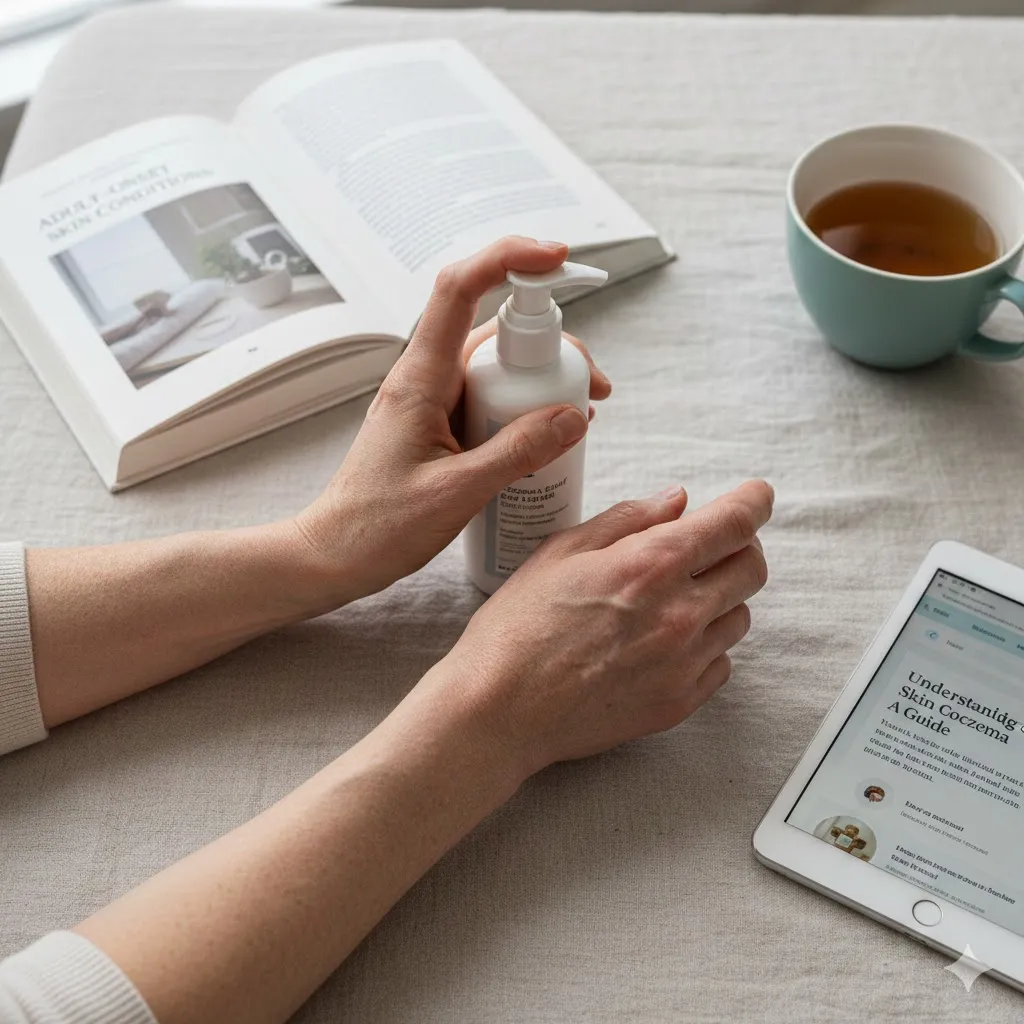Urinary tract infections are commonly present in different forms of diseases like candida or fungi. There are tried and tested treatments to help the body eliminate the bacteria. Fortunately, several over-the-counter medicines can help manage the symptoms associated with UTIs. Over-the-counter medicine for UTIs, such as urinary pain relievers, can help alleviate some discomfort. There can also be some medications, like ibuprofen, available to overcome the prevention of infections that can occur in the future. Here is an over-the-counter medication for UTIs that should be known to help manage urinary tract infections at home.
What is a urinary tract infection?
A urinary tract infection is a common infection caused by bacteria and can enter the body's urinary tract. The body's system can make and drain urine, and many women and men can have at least one UTI. There can be different symptoms of UTI, like pain and burning sensation while urinating. Some of these symptoms are- More frequent urination, the feeling of fullness in the bladder
- Cloudiness in the urine
- Blood in urine (Hematuria Gross)
- Pain in the lower belly
- Fatigue and weakness
- Confusion in older people
How is a UTI customarily treated?
UTIs can be treated with antibiotics, and there are no cures for UTIs to get rid of bacteria in the infections, and most people with UTIs can feel better within two to three days of taking antibiotics. Common antibiotics that can be used are-
These soothing medicines or over-the-counter for UTI can help the lining of the urinary tract and can be taken up to three times daily to help ease UTI infections. One thing can be a medication that turns urine a dark color that can stain your clothes permanently.
What are the best over-the-counter options to treat UTI?
You might be wondering if there can be better antibiotics that can typically help in getting rid of UTI infections, and these are-
1. Phenazopyridine -
Phenazopyridine is a dye that can build up in the bladder and relieve UTI pain, and it can be related to a burning sensation while peeing. It can be taken from phenazopyridine up to three times a day and up to three days. People start feeling better within 20 minutes to an hour after taking the medications. One should not use phenazopyridine for longer than three days as it can result in ongoing UTI symptoms. Note that phenazopyridine turns your turn orange in color and can stain the dyes.
2. Cranberry Producers -
Many different products from cranberries can be in the form of pi; s, juices, and dried fruits, and cranberry products can be helpful again by making the uric acid more acidic. Urine can help prevent bacteria from sticking to the walls of the urinary tract, and these can get rid of urine infections, but these can play a small role in preventing them from happening in the future.
3. D- Mannose -
This powder occurs naturally in simple sugars found in common fruits and vegetables like apples, blueberries, cranberries, green berries, and broccoli. There can be many harmful bacteria that can prevent the bacteria from engaging or sticking to the walls of the tract, which can help prevent UTI infections.
4. Acetaminophen and Ibuprofen -
Tylenol and Advil are general pain relievers that can help with stomach pain and discomfort from UTIs. Both of these medications can come in liquid forms and can be helpful alternatives to phenazopyridine for people who cannot take pills.
5. Probiotics -
Probiotics work on restoring the bacteria in the body, and these can be prone to urinary tract infections. Probiotics can help prevent you from getting infections in the future, and these can also be great for gut health and prevent digestion-related issues. You can take this Over-the-counter medicine for UTI for quick relief. Also Read: What are different benefits of Probiotics Digestive Health?
6. ORS Solutions -
One of the best OTC for UTI treatment is water and hydration so you can include food options like watermelon and melon from vegetables. So, drinking water alone can be enough to eliminate the infections if you have one. Also Read: Amazing Health Benefits of Drinking Water
7. Bactrim -
The many common UTI treatments are antibiotics, which can operate by killing or preventing the growth of the germs that cause the infection. Antibiotics commonly recommended for UTIs include Trimethoprim-sulfamethoxazole (Bactrim, Septra): A combination of two antibiotics frequently used as a first-line treatment for simple UTIs.
8. Ciprofloxacin and Levofloxacin-
Ciprofloxacin and Levofloxacin are antibiotics commonly used to treat urinary tract infections (UTIs) caused by certain bacteria. They belong to a class of antibiotics known as fluoroquinolones, which are effective against many bacteria, including those that commonly cause UTIs. These medications work by interfering with the bacteria's ability to replicate and grow, ultimately killing the bacteria and resolving the infection. Ciprofloxacin and Levofloxacin are available in oral tablet or liquid forms and are typically prescribed for short-term treatment of UTIs.
9. Nitrofurantoin-
A urinary tract antibiotic commonly used to treat lower urinary tract infections. This antibiotic is specifically effective against the bacteria commonly responsible for UTIs, such as Escherichia coli (E. coli) and other urinary tract pathogens. It is often prescribed for uncomplicated UTIs, infections that occur in the bladder and urethra without involving the kidneys or upper urinary tract.
10. Amoxicillin-
A penicillin-type antibiotic may be recommended for minor urinary tract infections. Pain remedies: Besides antibiotics, your doctor may prescribe pain medications such as ibuprofen or acetaminophen. It can help ease the discomfort and agony associated with UTIs such as ibuprofen or acetaminophen.
Also Read Can Amoxicillin Treat UTI: Know The Fact
Can you get rid of a UTI with over-the-counter treatment?
No, but over-the-counter UTI medication and treatment can help make you comfortable dealing with the pain and burning in the urine. It can take about 24 hours of antibiotic therapy to start feeling better, while there can be antibiotics to work. Counter UTI mediators can bridge the gap in keeping the work to school, and another thing can be done while you wait to drink plenty of fluids. Staying hydrated can help in getting rid of the UTI faster. Over-the-counter medicine for UTIs can cure infections, but in some cases, it may also cause side effects like nausea, diarrhea, vomiting, and rashes. However, most of these medicines are safe, and you can take them to relieve the symptoms of UTIs.
Conclusion-
Dealing with UTI can be painful and can get in the way of daily antibiotics are the only medication that helps treat and cure UTI. Still, many who encounter UTI medication know it can provide pain and relief while waiting for antibiotics to take effect. There are many online options for getting some day of medical care from the comfort of their home, and if one bends antibiotics, they can usually be prescribed the right way. It is crucial to understand that there can be an increase in the number of infections if the person prescribes or uses the wrong medications. Also Read: UTI - Why Common in Women?
Frequently Asked Questions
Can you cure UTI without pills?
Yes, people can treat UTIs with pills.
Can I take paracetamol for UTI?
To help ease the symptoms of urinary tract infections.
What is three-day medication for UTI infections?
The three-day medication for UTI can be trimethoprim, sulfamethoxazole, and trimethoprim.
What are the antibiotics for UTI infections?
One of the antibiotics that can help with urinary tract infections can be fosfomycin.
What are the antibiotics for UTIs?
Antibiotics are bioavailable oral agents that can prevent the spread of infections.

Reviewed by







